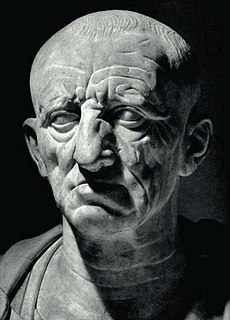A Quote by Criss Jami
It is ignorance that is at times incomprehensible to the wise; for instance, he may not see 'the positive person' or 'the negative person' in a black and white way as many people do. A wise man may not understand it because, as a catalyst of wisdom, but not wise in his own eyes, even he can learn from and give back to fools. To think that an individual has absolutely nothing to offer to the table is counter-intuitively what the wise man considers to be 'the ignorance of hopelessness'.
Quote Topics
Absolutely
Absolutely Not
Absolutely Nothing
Back
Because
Black
Black And White
Catalyst
Considers
Counter
Even
Eyes
Fools
Give
His
Hopelessness
Ignorance
Incomprehensible
Individual
Instance
Learn
Man
Many
May
Negative
Nothing
Offer
Own
People
Person
Positive
Positive Person
See
Table
Think
Times
Understand
Way
White
Wisdom
Wise
Wise Man
Related Quotes
No man is so foolish but may give another good counsel sometimes; and no man is so wise, but may easily err, if he will take no others counsel but his own. But very few men are wise by their own counsel; or learned by their own teaching. For he that was only taught by himself had a fool to his master.
Much has been said of the loneliness of wisdom, and how much the Truth seeker becomes a pilgrim wandering from star to star. To the ignorant, the wise man is lonely because he abides in distant heights of the mind. But the wise man himself does not feel lonely. Wisdom brings him nearer to life; closer to the heart of the world than the foolish man can ever be. Bookishness may lead to loneliness, and scholarship may end in a battle of beliefs, but the wise man gazing off into space sees not an emptiness, but a space full of life, truth, and law.
A man goes to the village to visit the wise man and he says to the wise man, “I feel like there are two dogs inside me. One dog is this positive, loving, kind, and gentle dog and then I have this angry, mean-spirited, and negative dog and they fight all the time. I don't know which is going to win.” The wise man thinks for a moment and he says, “I know which is going to win. The one you feed the most, so feed the positive dog.







































